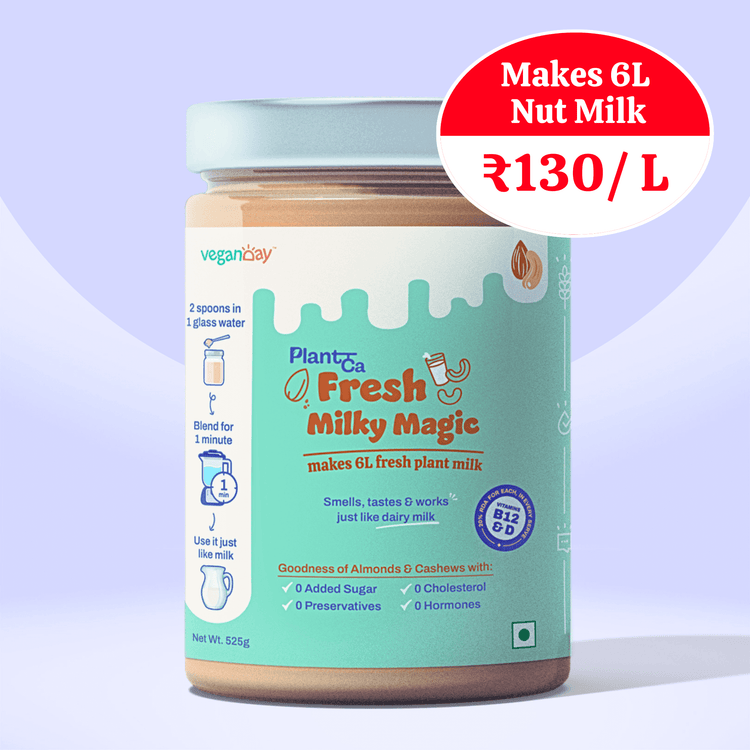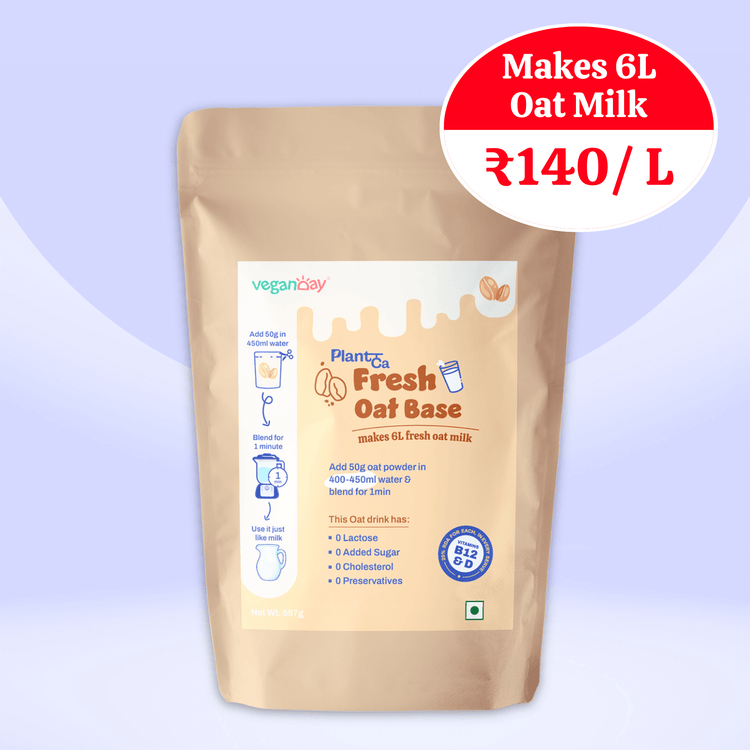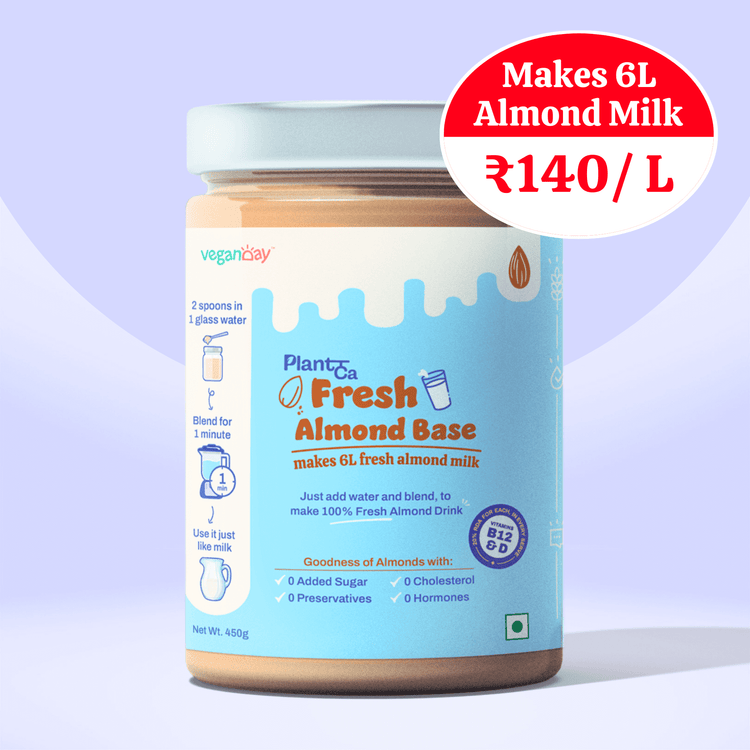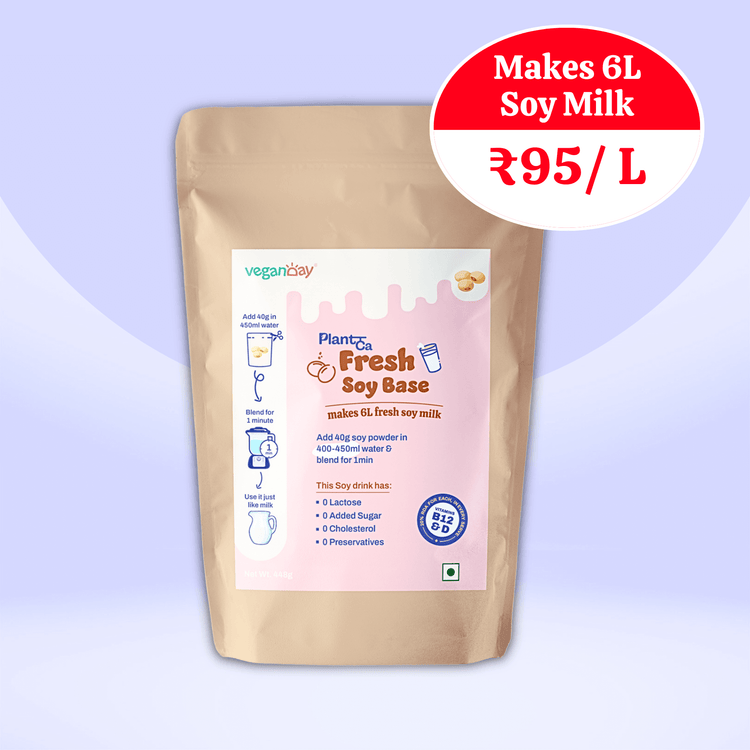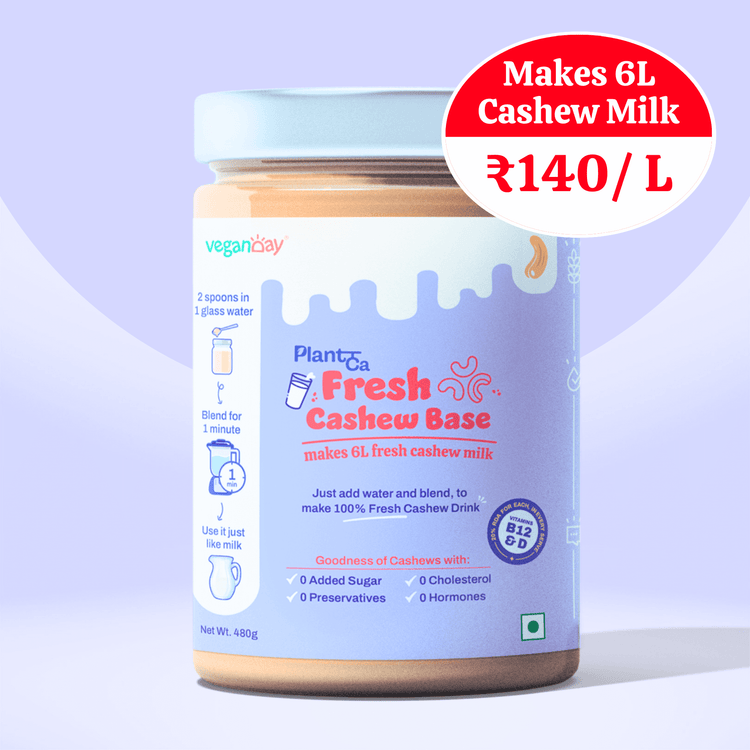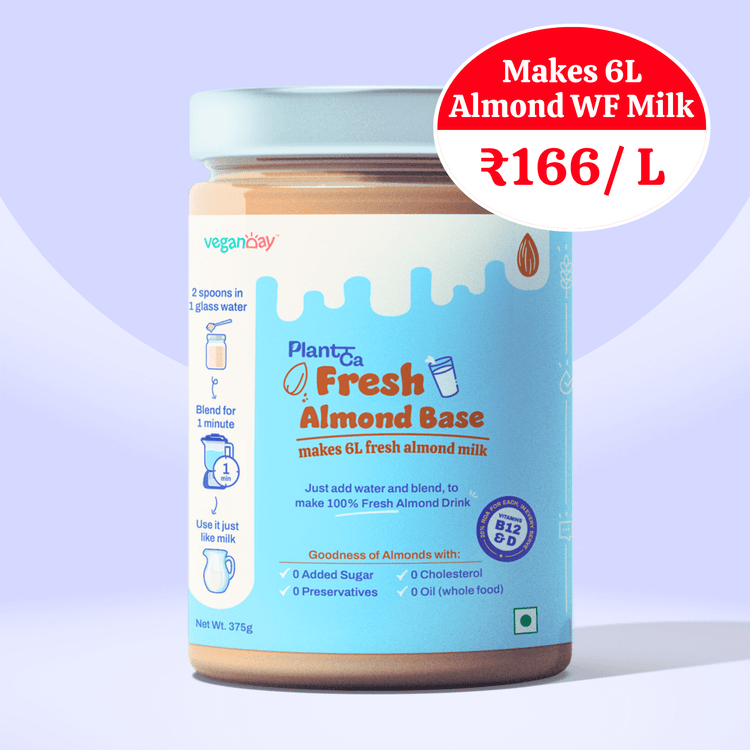
When it comes to health, protein stands tall as the building block of life — yet most people unknowingly fall short of their daily needs. Between trendy diets and conflicting advice, choosing the right protein source can be confusing, especially for those looking to go beyond animal-based or heavily processed options.
Myths & Misunderstandings
Whey protein may have dominated the fitness scene, but it isn’t always the golden standard it claims to be. For many, it causes bloating, acne, and digestive discomfort due to dairy-derived lactose and additives. As Arnold Schwarzenegger once said, “You can’t build a strong body on a weak foundation,” and that foundation includes clean, digestible protein.
Why Plant Proteins Are the Future
Plant-based blends like soy and pea protein are not just for vegans. They provide all essential amino acids, improve gut health, and are easier to digest. Together, soy offers richness in texture and complete protein that matches that of cow milk, while pea adds lightness and allergen-free benefits — creating the perfect synergy for everyday nutrition.

Ways to Add Protein Every Day
Think beyond shakes — add plant protein to:
- Breakfast smoothies or pancakes
- Lentil soups and gravies for lunch
- Tofu stir-fries or chai, lattes with soy milk

A Smart Solution
Addressing this daily gap, VeganDay introduces pea protein fortified plant milk variants, including soy milk base — a versatile innovation that can be used to make tofu, gravies, beverages, or even tea. It’s an easy, balanced way to meet your protein goals without any digestive distress or artificial fillers.
Protein your way — with ingredients that care for you and the planet.
References:
- EatingWell. (2024). Plant Protein vs. Whey Protein: Which Is Better? Retrieved from https://www.eatingwell.com/plant-based-protein-benefits-11712145 — highlights benefits of plant-based proteins including digestibility, essential amino acids and environmental advantages. EatingWell
- Healthline. (2021). Plant-Based Protein vs. Whey Protein: Which Is Better? Retrieved from https://www.healthline.com/nutrition/whey-vs-plant-protein — compares whey and plant proteins including issues with lactose and digestion. Healthline
- SportsMD. (2023). Pea Protein vs. Whey Protein: Which Is Better? Retrieved from https://www.sportsmd.com/pea-protein-vs-whey-protein-which-is-better — notes that pea protein is lactose-free and may be easier to digest for those with dairy intolerance.
